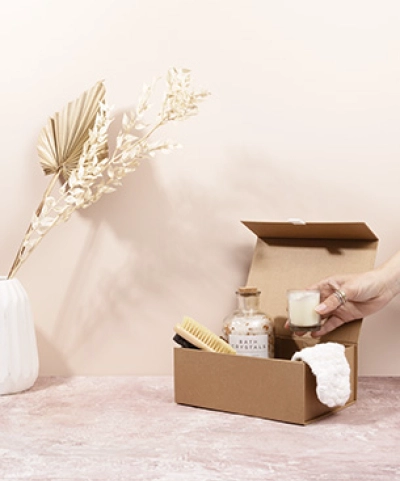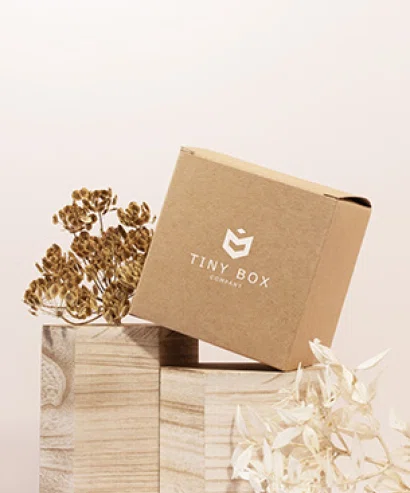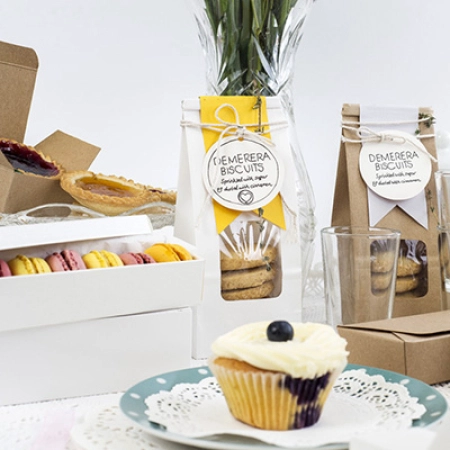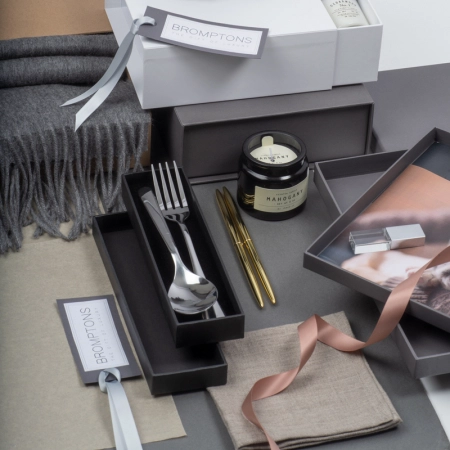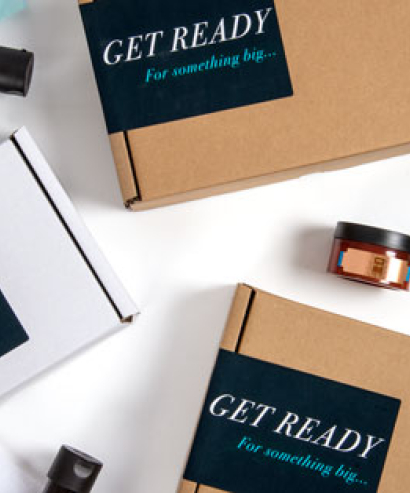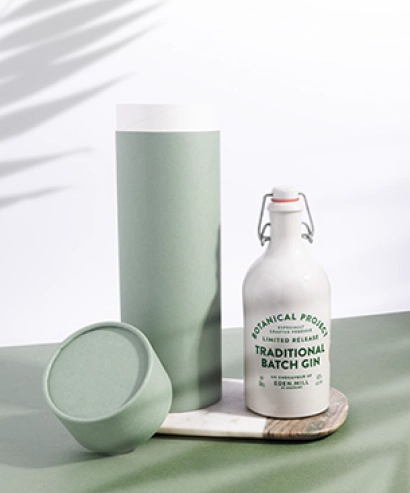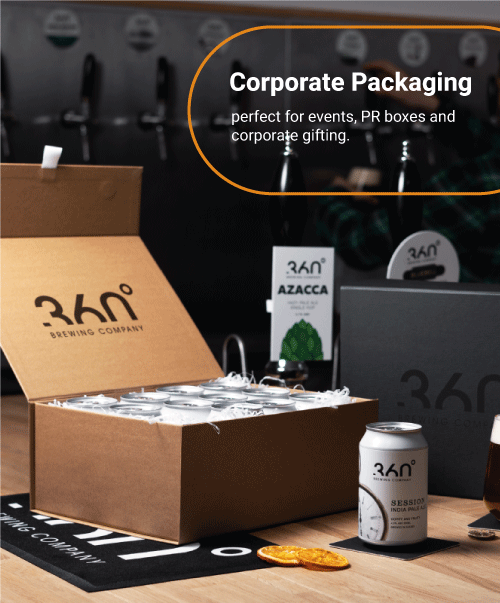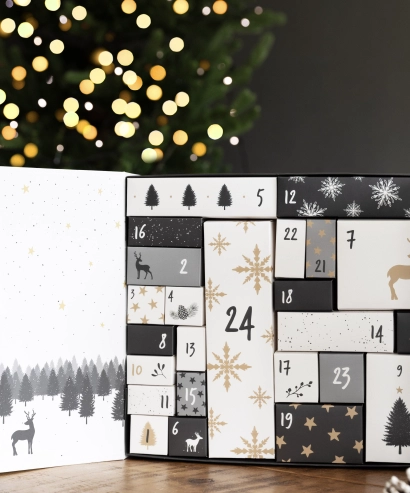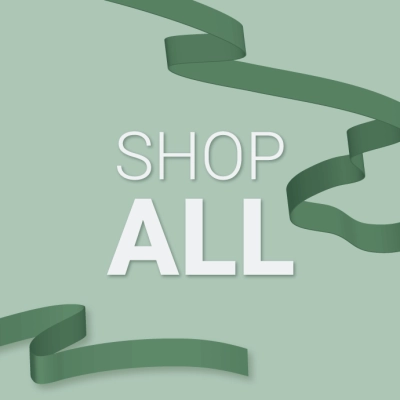
Things to consider when starting your own businessSo you’ve got an idea. You’ve asked all your family and friends if it sounds like a good idea and everyone said “I don’t know, maybe?” (apart from your mum who thought it was a great idea, thanks mum), you’ve scrimped and saved enough to get you a few months rent and food money before realising something: you don’t know the first thing about starting a business. It’s a place many of us find ourselves in; sitting at your desk in an exam hall staring at your paper, carefully sharpening your pencil for the sixth time (maybe once more, just to really make sure it’s pointy enough), standing in front of the bathroom mirror re-tying your tie again and again before that all-important interview because it’s just a little bit crooked, you get the idea. It’s a daunting place to stand that can look impossible to get yourself out of. Lots of people will tell you to just get stuck in and see what happens and, while there is certainly some truth to this in that the first step is always the hardest. It’s important to have a plan. Foresight in the world of business is critical whether it’s taking that first step, making your first yearly profit or maintaining steady growth. Without further adieu I introduce (fanfare please): The Tiny Box Company guide to things you should probably think of before you quit your job and launch the business your mum said was a great idea. It’s a working title.
Step 1: Your product or serviceWe’ve all had ideas where we’ve thought “Huh, why does nobody make/sell that?”. Most of us don’t take them particularly seriously and let it go but for those who do really believe in that idea, it’s critical to think about a few of the realities of your product or service. Are you the only person that you know that would really benefit from this? How could you deliver this product/service effectively? What are the manufacturing costs involved? This is possibly the biggest set of questions you’ll need to answer before taking the leap.
Take the time to consider all of your options before deciding which one works best for you, research similar products or services, see how they’re different? Is yours better? Cheaper (or too cheap)? Is their use of sequins and glitter too vulgar? You get the idea. The more information you have at this stage the better your product will be.
Step 2: Your marketOkay! You’ve sat down and had a good old think about what you’re actually selling. Now this bit is what throws most people off: Market research. It can be scary and a bit dry but understanding your potential market has huge practical implications for your potential business. It’s what enables you to home-in on specific groups rather than taking a more shotgun-like approach. Here’s a few things to ask yourself and get you started:
Knowing or not knowing who your person is can make or break a business, sort of like going down the local park with a loaf of bread expecting ducks and finding a flock of hungry ostriches; it’s very confusing and there’s a good chance it won’t end well.
Step 3: Filling in the gapsIf you’ve made it this far you’re well on your way to launching your own business but there are still a few things to cover before you very politely hand in your notice and run off down the street looking at mansions and sports cars.
The world of business is infinite, and no single article, video, blog post, infographic or webinar will lead you to success on it’s own but I hope that I’ve at least given you an idea of what sort of questions you should be asking yourself. It would be at this point I would recommend looking for communities to join (perhaps The Tiny Clinic Facebook Group) because whilst every experience is different, they’re often filled with collective knowledge about how to tackle certain problems and can be absolutely invaluable when you find yourself in a rut.
For now, just know that it’s enough to realise that you don’t know everything and that once you get this bit done, you get to do the fun bits like owning a business, isn’t that cool?
Now go on, you got this! |

